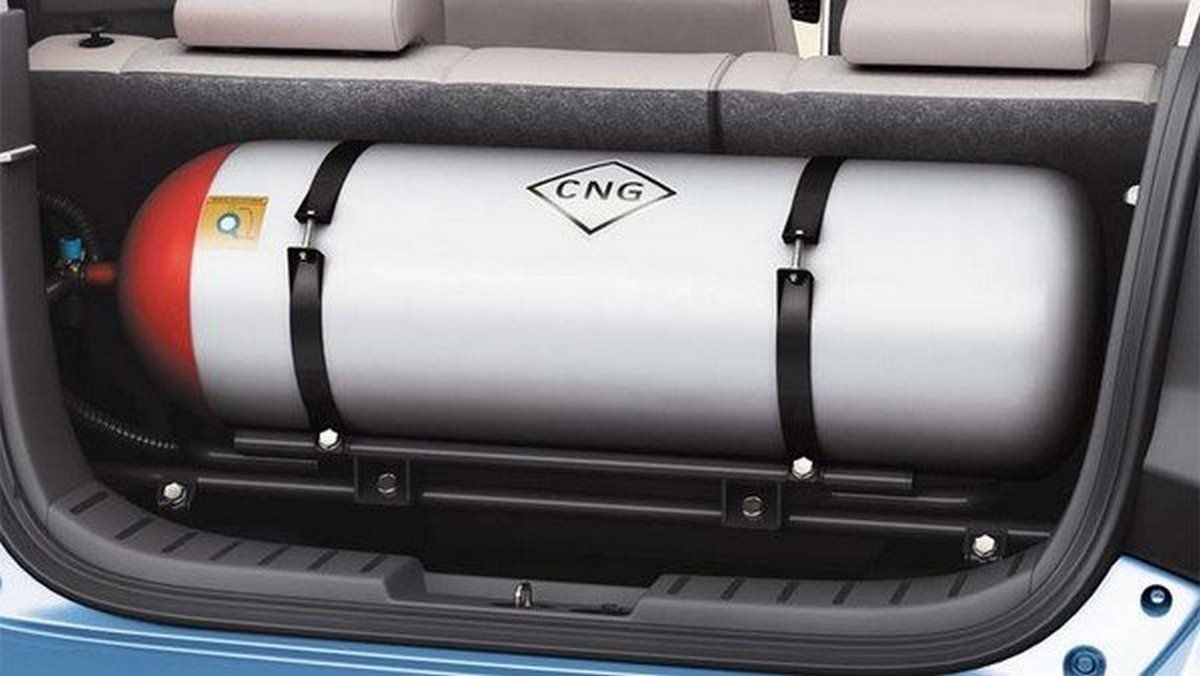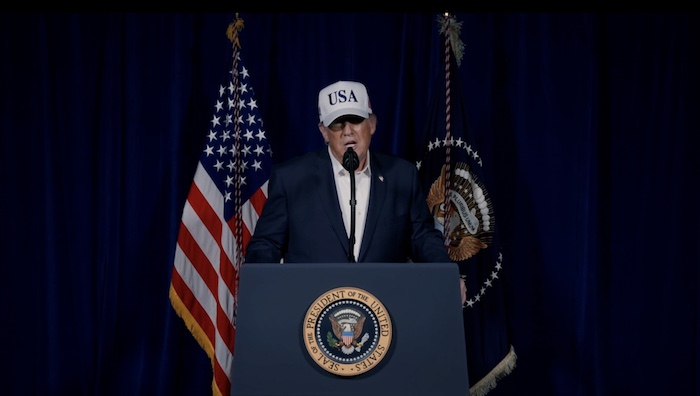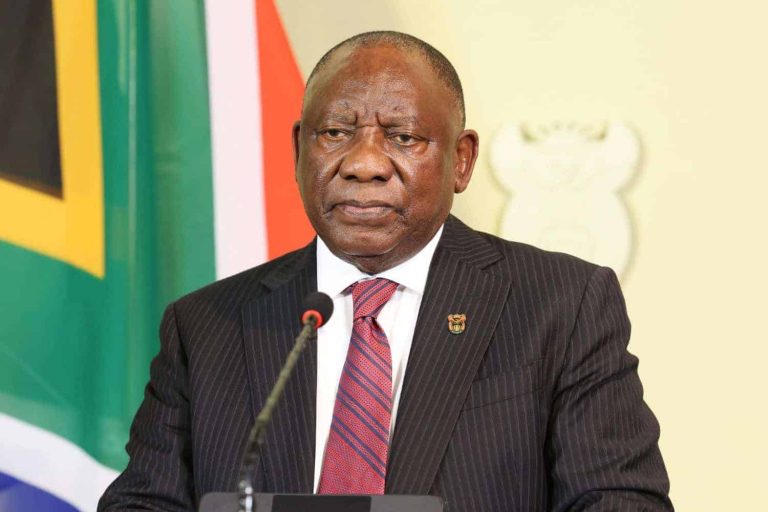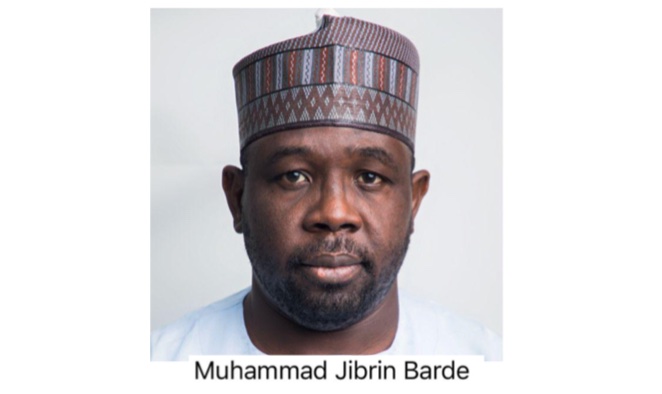
The Nigerian Midstream and Downstream Petroleum Regulatory Authority (NMDPRA) has clarified that the federal government has not reintroduced fuel subsidies nor approved any increase in the price of Compressed Natural Gas (CNG), amid growing public concern over a recent spike in pump prices and long queues at filling stations.
Speaking to journalists in Abuja on Friday, George Ene-Ita, Director of Public Affairs at the NMDPRA, said Nigeria’s oil and gas sector remains fully deregulated, with pricing determined by market forces within the framework of the Petroleum Industry Act (PIA).
Price Surge Sparks Concerns
The clarification comes on the heels of reports from Abuja and Lagos, where motorists were confronted with long queues at CNG refilling stations. Pump prices surged from ₦230 to as high as ₦380 per Standard Cubic Metre (SCM) earlier this week, sparking speculation that the government had either removed subsidies or approved a price adjustment.
Industry observers believe the price spike is largely due to supply shortages and limited infrastructure, not government action. Most CNG stations are currently grappling with scarcity of the product, which has worsened the situation for thousands of commuters relying on gas-powered vehicles.
“No Subsidies, No Government Price Control” – NMDPRA
“What we have is a baseline price for our gas resources, including CNG, as outlined in the Petroleum Industry Act,” Ene-Ita explained. “As long as retail prices remain aligned with that baseline, operators are within legal bounds to adjust pricing based on market conditions.”
He emphasized that the government does not control pump prices in a deregulated environment and reiterated that no subsidy regime currently exists in the downstream sector.
Presidential CNG Initiative Weighs In
Separately, the Presidential Compressed Natural Gas Initiative (P-CNGi) also denied any federal involvement in recent price adjustments, calling them purely commercial decisions taken by private CNG marketers.
In a statement issued Friday, the initiative stated:
“No directive or policy has been issued by the Federal Government to alter CNG pump prices. These changes are not government-mandated.”
The P-CNGi further reiterated its mandate under President Bola Tinubu to accelerate the adoption of CNG as a cleaner, more affordable alternative to petrol and diesel, part of a broader strategy to ease Nigeria’s dependence on imported refined products and reduce environmental pollution.
Looking Ahead
With demand for CNG on the rise, the current infrastructure shortfall is becoming a critical issue. Analysts say unless urgent investments are made in supply chain logistics and refilling stations, price instability and access issues may continue to affect the market.
As Nigerians look for cost-effective energy solutions amid ongoing fuel reform, regulators are urging calm and emphasizing the importance of private sector efficiency and transparency in the evolving gas distribution landscape.



